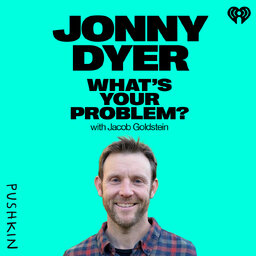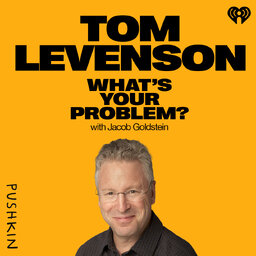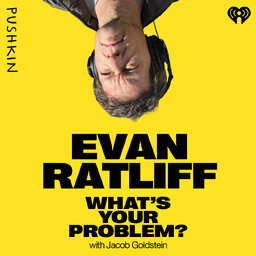Turning Writers into Publishers
Chris Best is co-founder and CEO of Substack.
Chris's problem: How do you help writers make a living from a thousand true fans?
Substack is a company that helps writers send subscription-based email newsletters. Which, as Chris says, is a very simple idea, built on top of some very grandiose beliefs about culture and ideas and commerce.
If you’d like to keep up with the most recent news from this and other Pushkin podcasts be sure to subscribe to our email list.
In 1 playlist(s)
What's Your Problem?
Every week on What’s Your Problem, entrepreneurs and engineers talk about the future they’re trying …Social links
Follow podcast
Recent clips

Fighting Wildfires from Space
48:58

The Killer We Refused to See
39:13

The Startup Run by AI Agents
54:16
 What's Your Problem?
What's Your Problem?